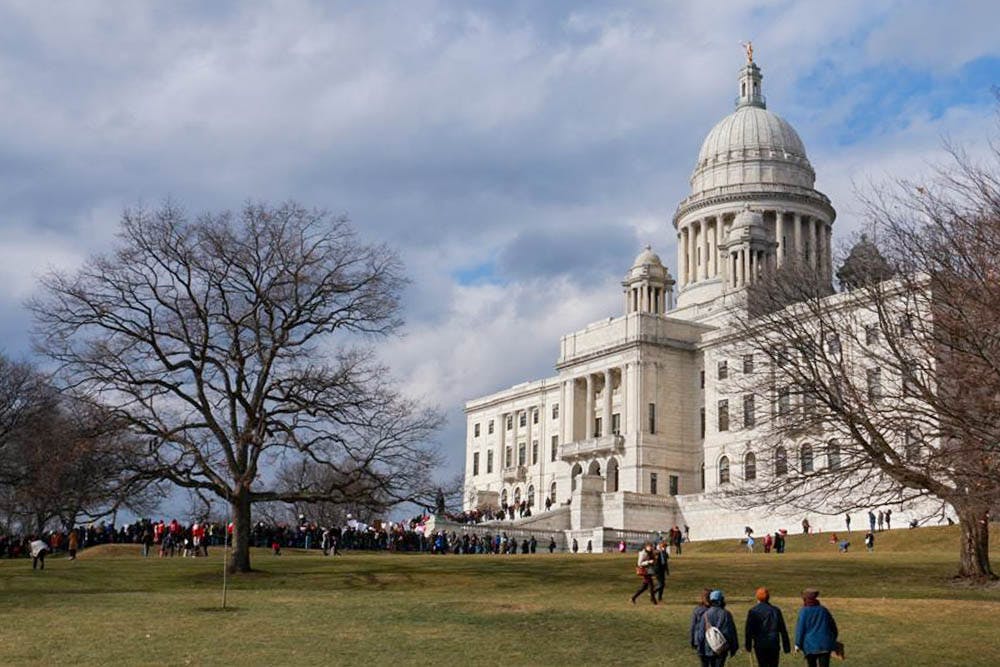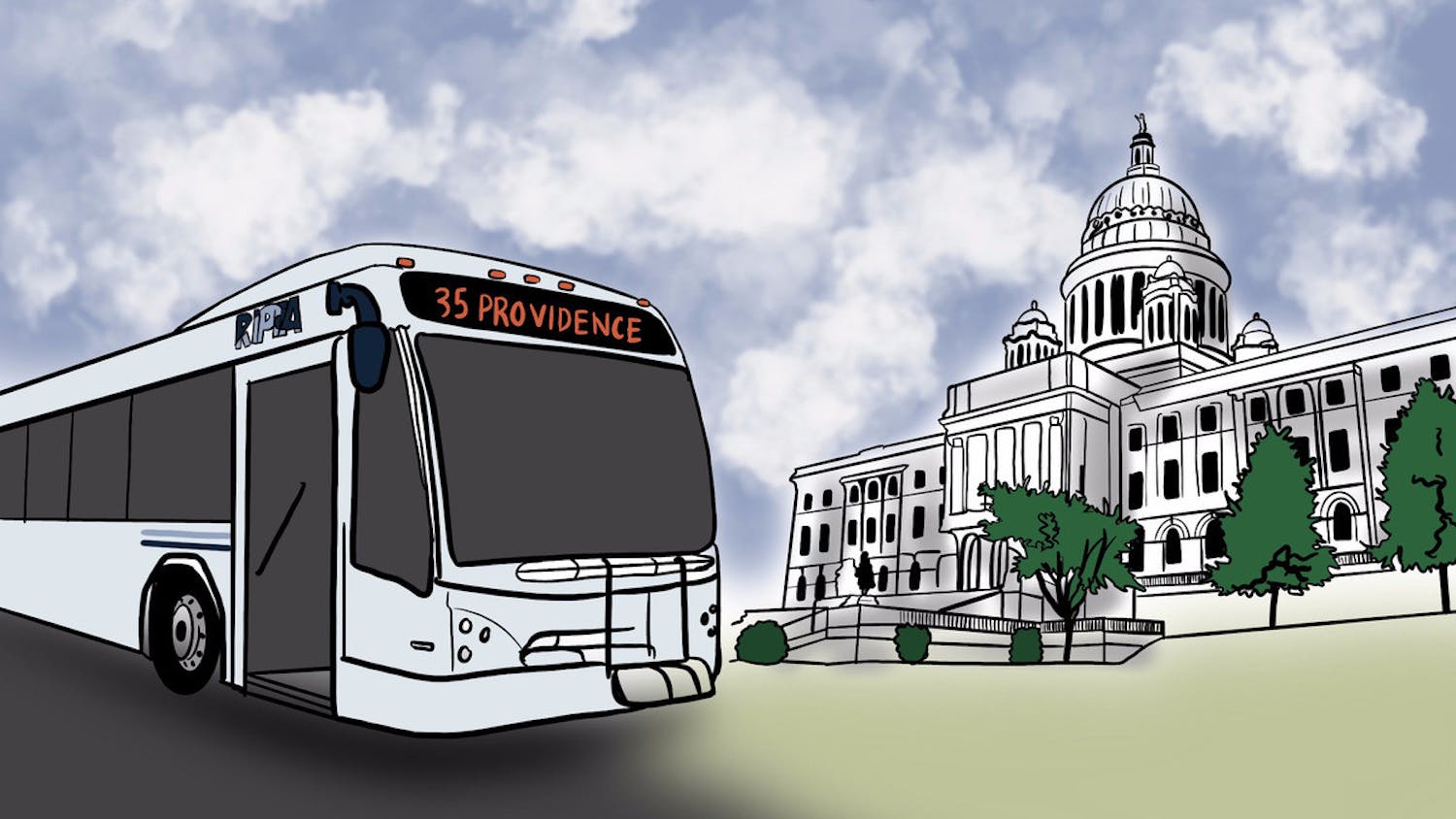Conversion therapy, the controversial treatment concerned with the deliberate alteration of one’s sexual orientation or gender identity, has come under fire in the State Assembly of Rhode Island, where it is still a legal practice. To limit practice of the therapy, Rhode Island lawmakers introduced the Prevention of Conversion Therapy for Children Act Jan. 27. If passed, the bill would prohibit licensed medical practitioners from practicing conversion therapy on minors in the Ocean State.
The GLBTQ Legal Advocates & Defenders — a Boston-based legal group that advocates for sexual orientation, gender identification and HIV status issues — has been involved with the R.I. bill as well as several others nationwide, said GLAD Senior Attorney Patience Crozier. The group has advocated for LGBTQ issues around the entire New England area and offered testimony during the Rhode Island House hearing, she added.
“Conversion therapy is essentially based on the false claim that being LGBT is a mental illness that needs to be cured,” Crozier said.
State Rep. Joseph McNamara, D-Warwick — one of the bill’s co-sponsors — said GLAD’s testimony revealed the “barbaric” nature of the practice.
State Rep. Moira Walsh, D-Providence, another co-sponsor, noted that more than 80 people were present to testify in favor of the bill during the committee hearing, while only one testified against.
The sole testimony in opposition came from a man who said he had gone through reparative therapy himself with other adults in his church. “Change toward a healthy and holy lifestyle that honors God is possible,” he said.
“Reparative therapy works and Rhode Island professionals should not be prevented from offering it, especially to concerned parents and their children,” the man who testified said. He added that studies claiming to show negative impacts associated with conversion therapy cannot be taken seriously as they don’t control for all possible variables.
“Witnessing the emotional toll that (conversion therapy) takes on people is enough in of itself for me, as a representative, to say I’m going to do whatever I can to make sure this isn’t something that kids in my community are subjected to,” Walsh said.
Walsh added many have ignored the practice as licensed practitioners are no longer using controversial, “old fashion methods” such as electroshock therapy in conversion. By sponsoring the bill, Walsh hopes to highlight the consequences often faced by those who undergo conversion therapy.
“Kids who are subjected to this kind of treatment are statistically more likely to commit suicide, suffer from depression and have really debilitating issues when coming to terms with their sexuality, which is not a particularly easy thing to do in the first place,” Walsh said.
Though Walsh aims to prevent Rhode Island’s youth from experiencing conversion therapy, she said lawmakers are inevitably limited to do so based on religious freedom.
“Unfortunately, this bill is specific to licensed medical practitioners, which does not solve the problem of church-coordinated, conversion therapy situations,” Walsh said. “This really does nothing for the religious end of it — you can’t really tell a parent what to do with their child.”
If passed, the bill would make Rhode Island something of an exception in the fight against the practice: Conversion therapy as a treatment for minors is currently banned in only five states and the District of Columbia — the only New England state to pass a bill limiting the practice is Vermont, which banned conversion therapy last year.
Despite public support, Walsh is uncertain of the bill’s passing. The future of the Act will depend on the position of the Speaker of the House — State Rep. Nicholas Mattiello, D-Cranston — as well as other representatives who could refrain from signing on, Walsh said.
Mattiello’s position on the issue is unclear. While he reversed his previous opposition to gay marriage in 2013, he has not been shy in straying from his party on issues like abortion and gun rights, RI Monthly previously reported .
“Unfortunately, sometimes it doesn’t matter how good the bill is or how much support it has, it really is not in your hands,” Walsh said. “We are limited in the ways that we can assist but, by drawing attention to the fact that this is still an ongoing practice — that does a measurable good in and of itself.”





